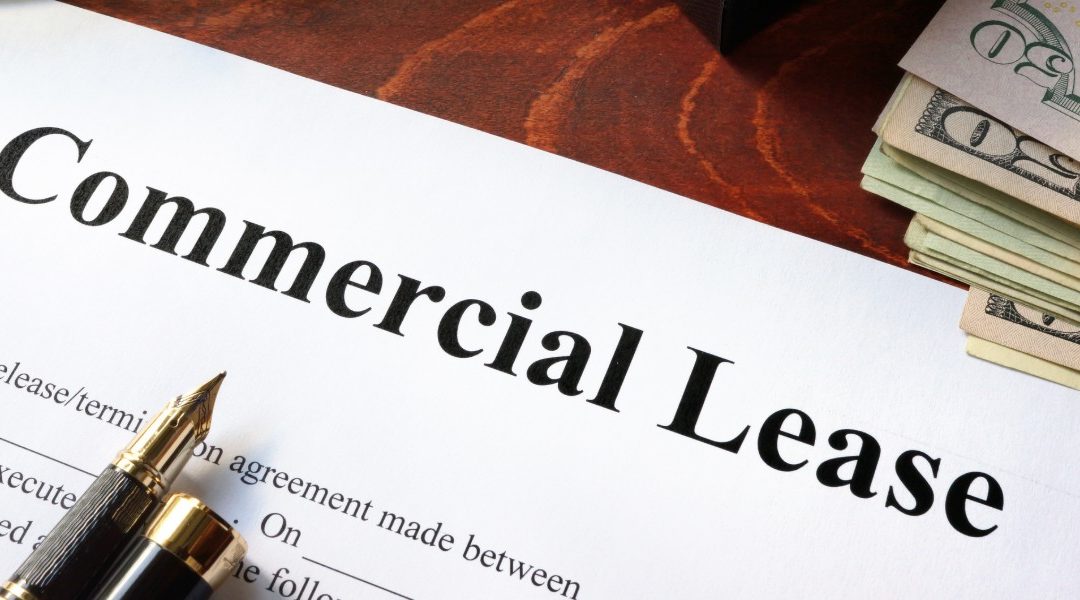If you do not know much about commercial leases in Florida, do not worry, you are not alone. As a first-time business owner, it can be hard to familiarize yourself with every single aspect of the creation and operation of a business in the Sunshine State. So, how do people do it? The answer is simple – they do their homework and, most importantly, they work with experts. In this article, you will learn what you need to know about commercial leases in Florida and, most importantly, you will learn why it is vital to work with experienced real estate professionals when entering into commercial leases, including skilled real estate lawyer.
What You Need to Know about Commercial Leases in Florida
Put simply, a commercial lease is a contractual agreement between a business and a landlord for the rent of office space or any other type of property that will be used for business activities. Unlike residential leases, commercial lessees in Florida provide very few legal protections to tenants. Whereas a residential tenant can rely upon several laws whenever they have a problem, commercial tenants usually can only rely on the rights explicitly stated in their commercial lease agreement.
Commercial leases in Florida, as in any other state, should clearly establish the rights and obligations of both parties. Oral commercial leases are enforceable in the State of Florida; however, leases that are longer than a year should be in writing, unless certain specific conditions are met. For example, an oral commercial lease that is payable monthly – known as a month-to-month tenancy at will – is enforceable even if the lease term eventually exceeds a year because there is no agreed-upon fixed term, and the agreement is automatically renewed every month.
Commercial leases in Florida often contain the following clauses:
- Basic terms, such as the length of the lease, the permitted uses of the leased property, options to cancel and extend the lease, utilities, rent, security deposits, additional charges, and ADA compliance.
- A subletting clause that allows the tenant to assign the lease payments to a third party.
- A clause that clearly specifies which party will be responsible for the maintenance of common areas, routine maintenance, cleaning, upkeep, renovations, landscaping, and insurance.
- A covenant of continuous operation, which essentially is an obligation on the part of the tenant to continue to operate their business at the leased premises.
- An arbitration clause that requires both parties to 1) agree to hire a neutral arbitrator in the event a dispute arises and 2) accept the arbitrator’s decision.
- A modification clause that allows the parties to the lease agreement to modify the contract upon mutual agreement.
Remain Protected from Commercial Lease Dangers – Work with Romy B. Jurado, Esq.
For first-time business owners, the process of entering into a commercial lease agreement can be incredibly intimidating and highly confusing. In addition, there are several dangers associated with it.
Some commercial leases in Florida are inexplicably restrictive when it comes to what tenants can do with the leased property. To avoid entering into this type of agreement, it is vital to work with a Commercial Real Estate lawyer who knows how to avoid costly mistakes. The single best way to protect yourself and your business is to hire a skilled and experienced lawyer to help you negotiate your lease in order to obtain a favorable deal.
Are you about to enter into a commercial lease agreement? Do not sign anything yet. First, give Attorney Romy B. Jurado, Esq. a call at (305) 921-0976 or send an email to [email protected] to schedule an initial consultation.





